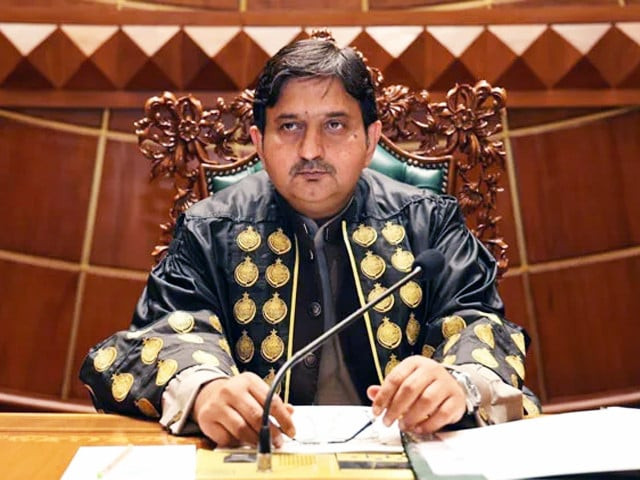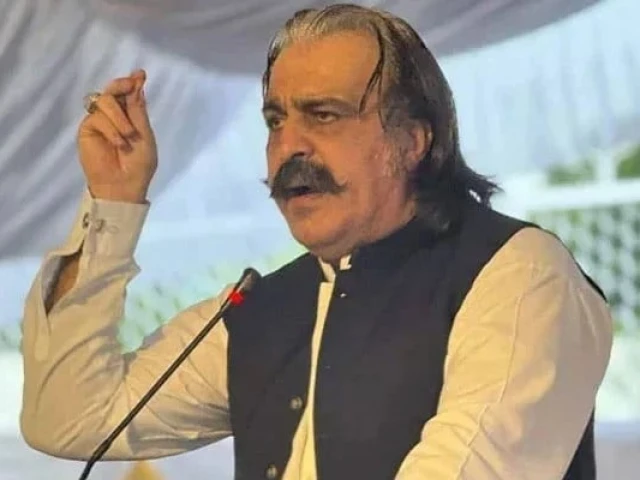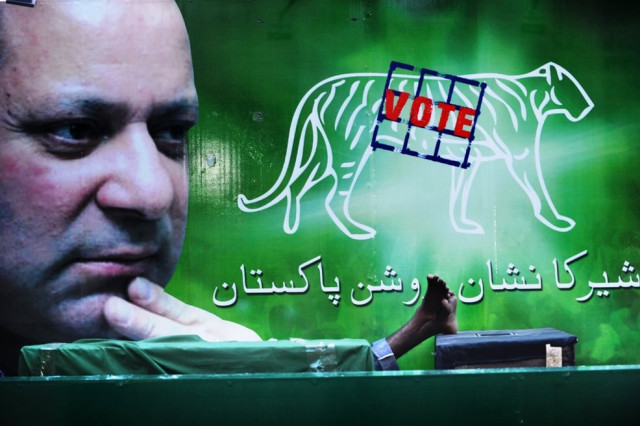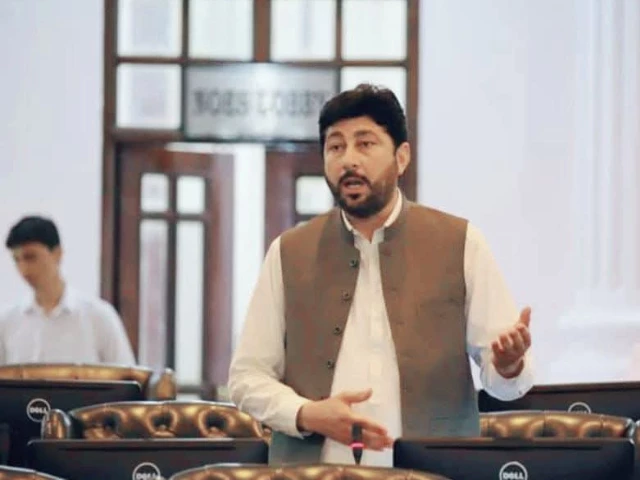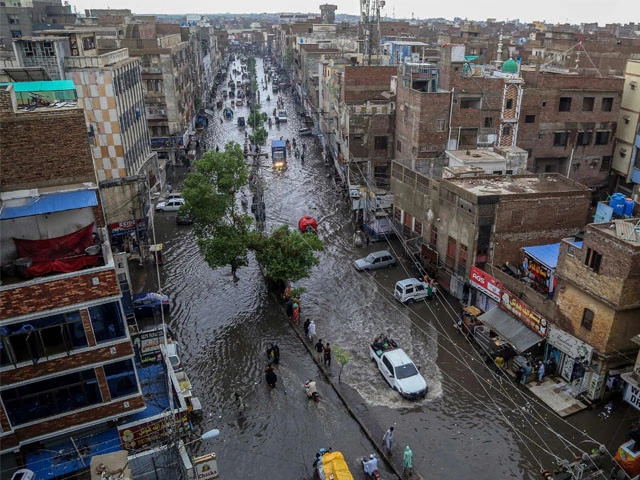Understanding the Recent Developments in Punjab’s Political Landscape
There’s a lot happening in Punjab’s political arena these days, especially with the recent formation of a negotiation committee by Punjab Assembly Speaker Malik Muhammad Ahmad Khan. This eight-member group has been set up to address the pressing issue of references filed against suspended Pakistan Tehreek-e-Insaf (PTI) members. So, what does this all mean for the province and its political dynamics?
At the core, this initiative follows an initial meeting between Speaker Khan and 26 suspended PTI MPAs, focused on the disqualification references against them. The committee comprises key figures, including chief whip Rana Arshad and Parliamentary Affairs Minister Mujtaba Shuja ur Rehman, along with representatives from allied parties like the Pakistan Peoples Party (PPP) and the Pakistan Muslim League (Q).
The situation seems to be evolving quickly, with the opposition expected to submit its nominees to the speaker soon. This could set the stage for meaningful discussions, as both sides prepare for the second round of talks scheduled for this Sunday at 4:30 PM in the Punjab Assembly. It’s crucial for both treasury and opposition benches to finalize their recommendations for a negotiation framework by the end of the day.
What’s particularly interesting is that the key representatives are working towards establishing Terms of Reference (ToRs) aimed at regulating the assembly’s proceedings. Their goal? To create a civil and respectful environment that discourages abusive exchanges and violent conduct among lawmakers.
The suspended PTI MPAs include a wide range of political figures, signaling a significant division within Punjab’s assembly. Some notable names among these include Malik Fahad Masood, Muhammad Tanveer Aslam, and Yasir Mehmood Qureshi, to name a few. The atmosphere in the assembly is indicative of larger dynamics at play, as various political factions vie for influence.
Despite the challenges, it’s encouraging to see both sides agree to form a joint committee of senior members to explore solutions. This collective effort could pave the way for a more constructive and constitutional resolution to the current impasse.
For anyone following provincial politics, keeping an eye on these developments is crucial. The decisions made in the coming days could shape the future of governance in Punjab for some time. If you’re interested in more insights and updates on such pressing matters, consider checking out Pro21st. They offer valuable resources to help you stay informed!
At Pro21st, we believe in sharing updates that matter.
Stay connected for more real conversations, fresh insights, and 21st-century perspectives.

